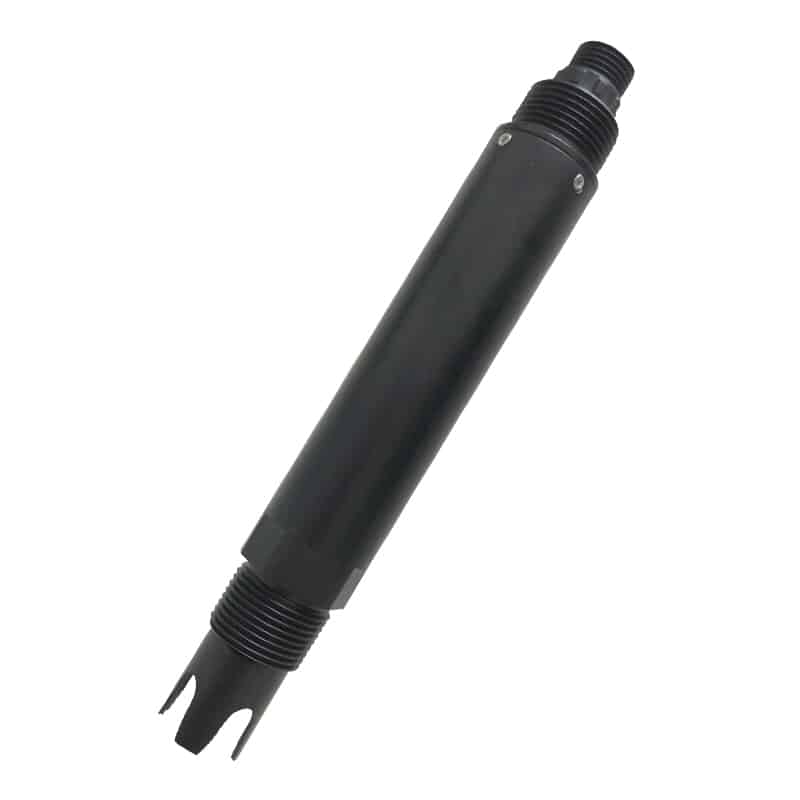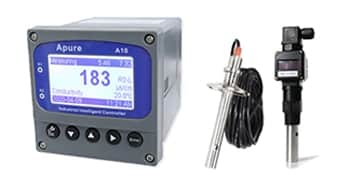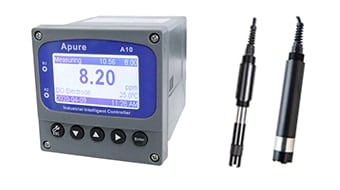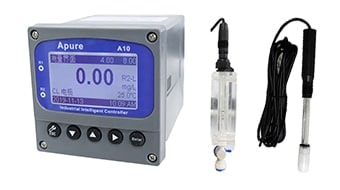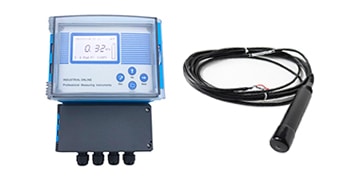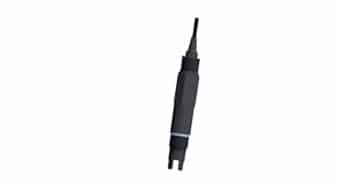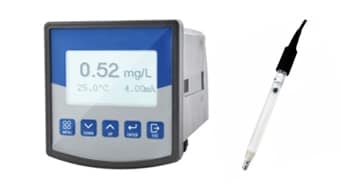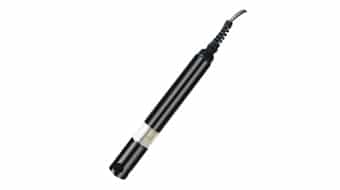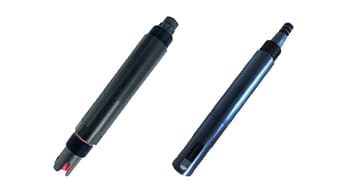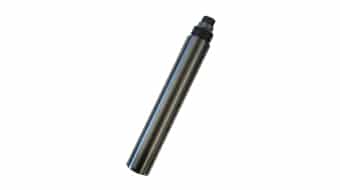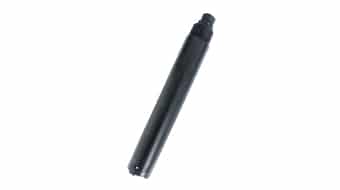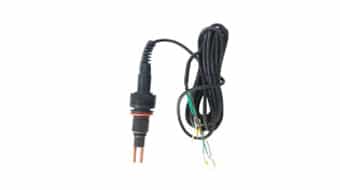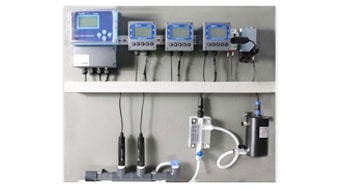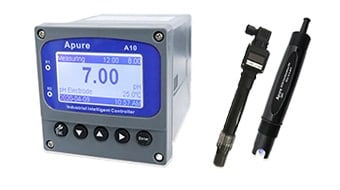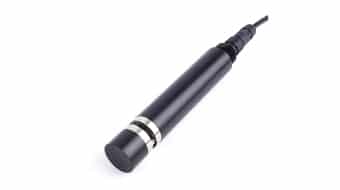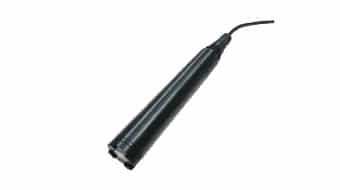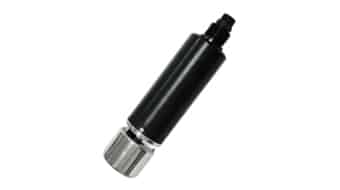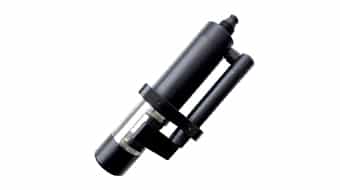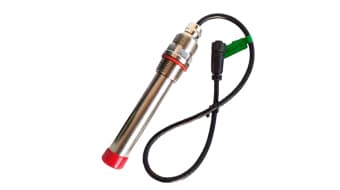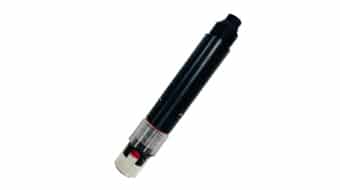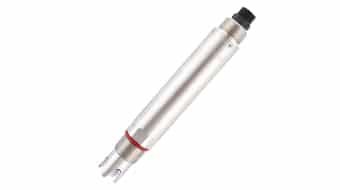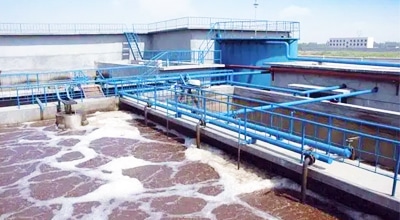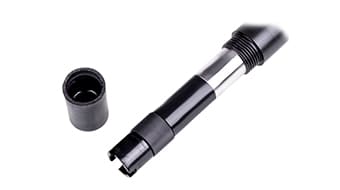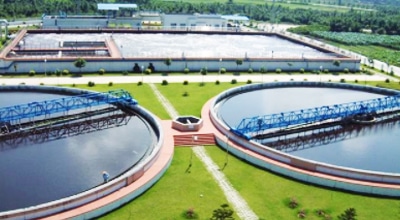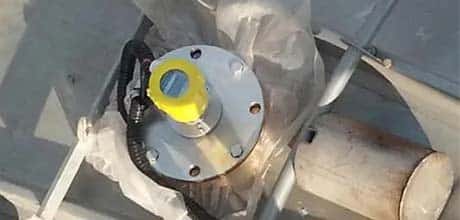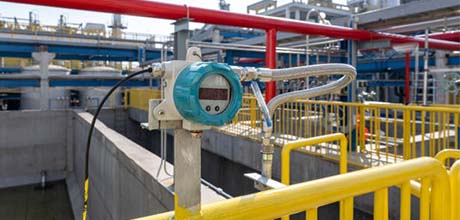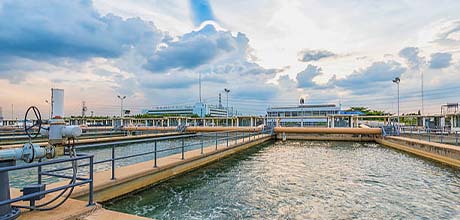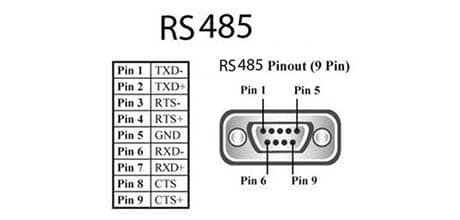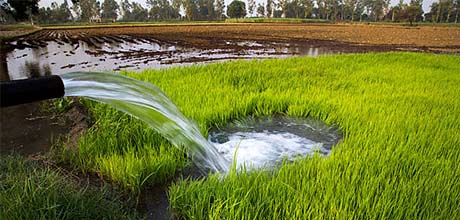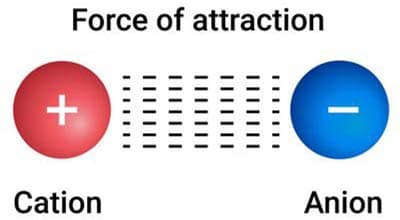Copper Ion electrode
Copper ion is one of the common heavy metals in impregnated water, which has a serious impact on the ecological environment and human health. Therefore, the detection of copper ions (Cu2+) is becoming more and more important in water quality monitoring.
Apure offers an effective solution for measuring copper ion concentrations in aqueous solutions: our Copper Ion Selective Electrodes (ISE). Apure electrodes are designed using the latest nanotechnology innovations and research to ensure high quality, reliable, fast and economical performance. It is particularly suitable for monitoring and controlling the copper content in electroplating solutions.
Copper Ion Selective Electrode Principle
Copper ion selective electrode is an electrochemical sensor, which works based on electrochemical reaction and selective adsorption.
Basic principle: The basic principle of the copper ion selective electrode is to utilize the special material on the surface of the electrode to have the ability of selective adsorption of copper ions. This selective adsorption allows the electrode to respond only to copper ions without interference from other ions.
Selective adsorption: The surface of copper ion selective electrode usually uses materials containing specific functional groups, such as certain organic substances or membrane materials. These functional groups can form stable ligand bonds with copper ions, allowing copper ions to be adsorbed on the electrode surface and electrochemically react with the electrode surface.
Electrochemical reactions: Once copper ions are adsorbed onto the electrode surface, they participate in electrochemical reactions. These reactions usually involve redox processes of the copper ions, resulting in a measurable current or voltage signal on the electrode surface.
Measurement principle: During measurement, copper ions can be induced to undergo redox reactions on the electrode surface by applying a certain potential or current to the electrode. Changes in the measured current or voltage can reflect changes in the concentration of copper ions.
Advantages
- Easy and convenient to operate, just dip the electrode into the solution to measure.
- High measurement sensitivity and low detection limit.
- Good selectivity, not interfered by other ions in solution.
- Good stability and long service life.
Copper Ion Electrode Applications
- Copper ion monitoring in industrial wastewater such as electroplating
- Environmental monitoring of copper in water and soil samples
- Food and beverage industry for the detection of copper in fruit juices and wines
- Chemical and pharmaceutical industries for copper detection in various solutions
Types of copper ion digital electrodes
Copper ion digital electrodes can be divided into the following categories according to their selective membrane materials:
- Copper sulfide-silver sulfide mixed crystal membrane electrode: This is the most commonly used type of copper ion digital electrode. The selective membrane is made of a mixture of cuprous sulfide and silver sulfide.
- Organic Ion Exchange Resin Membrane Electrode: The selective membrane is made of organic ion exchange resin.
- Chelator Membrane Electrode: The selective membrane is made of chelator.

